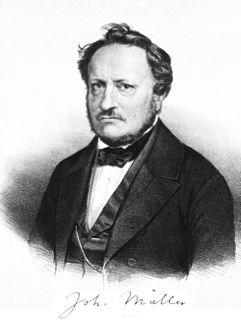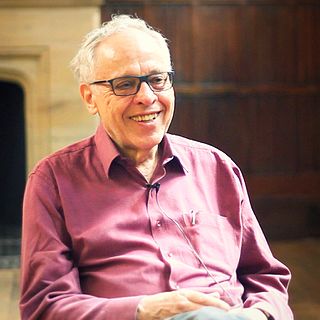A Quote by Joseph Wood Krutch
A humanist is anyone who rejects the attempt to describe or account for man wholly on the basis of physics, chemistry or animal behaviour.
Related Quotes
Humanism is an approach to life which encourages ethical and fulfilling living on the basis of reason and humanity, and rejects superstition and religion. The most immediate impact of living as a Humanist is that we believe this life is all there is - so what we do and the choices we make really count.
The information contained in an English sentence or computer software does not derive from the chemistry of the ink or the physics of magnetism, but from a source extrinsic to physics and chemistry altogether. Indeed, in both cases, the message transcends the properties of the medium. The information in DNA also transcends the properties of its material medium.
The usual sniggering examples of animal behaviour were brought in to explain cheating. Funny how the behaviour of shrews and gibbons is never used to explain table manners or road safety or gardening, only sex. Anyway, it was bad Darwinism. Taking the example of a monkey and applying it to yourself misses the point that animal behaviour is made for the benefit of the species, not as an excuse for the individual. Being incapable of sustaining a stable pair and supporting children is really not in the interests of our species. Neither is it really in the best interests of the philanderer.
Did chemistry theorems exist? No: therefore you had to go further, not be satisfied with the quia, go back to the origins, to mathematics and physics. The origins of chemistry were ignoble, or at least equivocal: the dens of the alchemists, their abominable hodgepodge of ideas and language, their confessed interest in gold, their Levantine swindles typical of charlatans and magicians; instead, at the origin of physics lay the strenuous clarity of the West-Archimedes and Euclid.





































